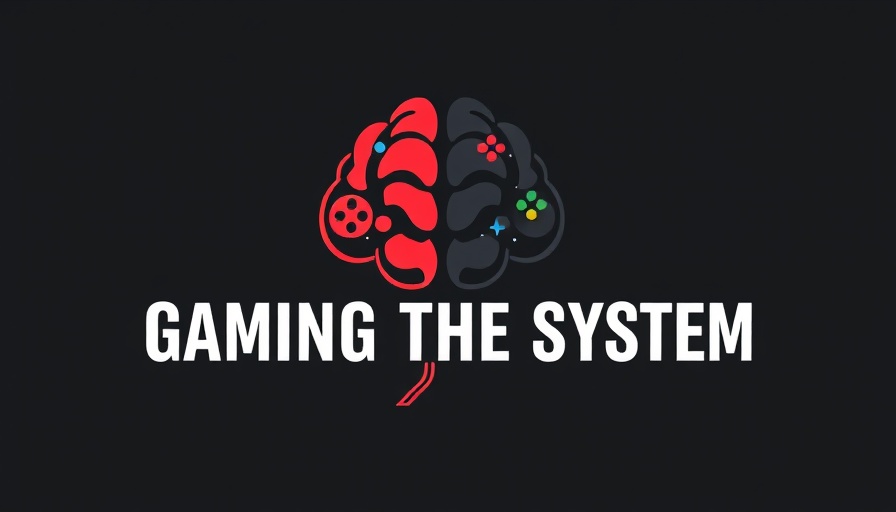
How I Survived 5,364 Days Without Video Games: Lessons Learned for Parents
Video games can be a source of joy and entertainment for many, but for some, they can lead to addiction that drastically impacts their lives. I recently completed 5,364 days without playing video games, a journey that has transformed my life in unexpected ways. This experience is particularly relevant for parents navigating the gaming landscape with their children.
The Allure of Video Games
Video games are designed to be engaging, often leading to prolonged use among players. According to the Cleveland Clinic, video game addiction, recognized as a mental health condition by the World Health Organization, can disrupt personal, social, and academic responsibilities. Many children and teens find themselves captivated by the immersive worlds that games create, making it crucial for parents to be aware of gaming habits and their potential consequences.
Five Secrets Learned from a Life without Gaming
The absence of gaming for over 14 years gave me clarity and insights about balancing life and technology. Here are the five secrets I discovered:
- Time Management Becomes Clearer: Without the allure of gaming, I discovered just how much time gaming was consuming. This time has been redirected towards productive hobbies and learning new skills.
- Improved Relationships: Without gaming, I realized how much time I could spend with my family and friends. Building connections without the distraction of a screen is incredibly rewarding.
- Better Health Choices: Gaming often leads to unhealthy habits, such as poor nutrition and lack of exercise. I was able to focus on maintaining a balanced diet and regular physical activity.
- Mental Clarity: Reducing screen time alleviated feelings of anxiety and stress, which can often be exacerbated by gaming.
- Time for New Hobbies: Finally, quitting gaming opened the door to new interests, such as reading and painting, which have enriched my life immensely.
Understanding Video Game Addiction
Many children may not realize they are developing a problematic relationship with gaming until it has escalated. The Samba Recovery reports that approximately 15% of gamers may exhibit compulsive gaming behaviors. Recognizing early signs is crucial: withdrawal symptoms, neglect of responsibilities, and isolation are common markers.
Strategies for Helping Kids Balance Gaming and Real Life
As a parent, how can you help your child navigate the gaming world? Here are some practical insights:
- Set Boundaries: Encourage children to limit their gaming time. The American Academy of Pediatrics suggests no more than one hour on school days for children aged 6 and older.
- Encourage Other Activities: Introduce kids to sports, music, and arts to diversify their interests away from screens.
- Engagement: Spend time with your children in their adventures—whether gaming or otherwise. A shared understanding can foster responsible gaming habits.
Future Perspectives: A Balanced Approach
The process of fostering a healthier relationship with technology falls on educating not just children but parents as well. As gaming technology advances, it is vital for families to engage in open conversations about gaming, setting clear expectations, and recognizing that moderation is critical.
Ultimately, my 5,364 days without gaming have illuminated the importance of self-awareness and balanced living. Encouraging kids to pursue a variety of interests without the overshadowing presence of video games can help them grow into well-rounded adults.
Take Action Today!
To support a healthier lifestyle for your child, consider having an open conversation about their gaming habits. Help them reflect on how gaming impacts their lives and set achievable goals together. Whether it's limiting screen time or finding engaging alternatives, your guidance can make a significant difference.
 Add Row
Add Row  Add
Add 




 Add Row
Add Row  Add
Add 

Write A Comment